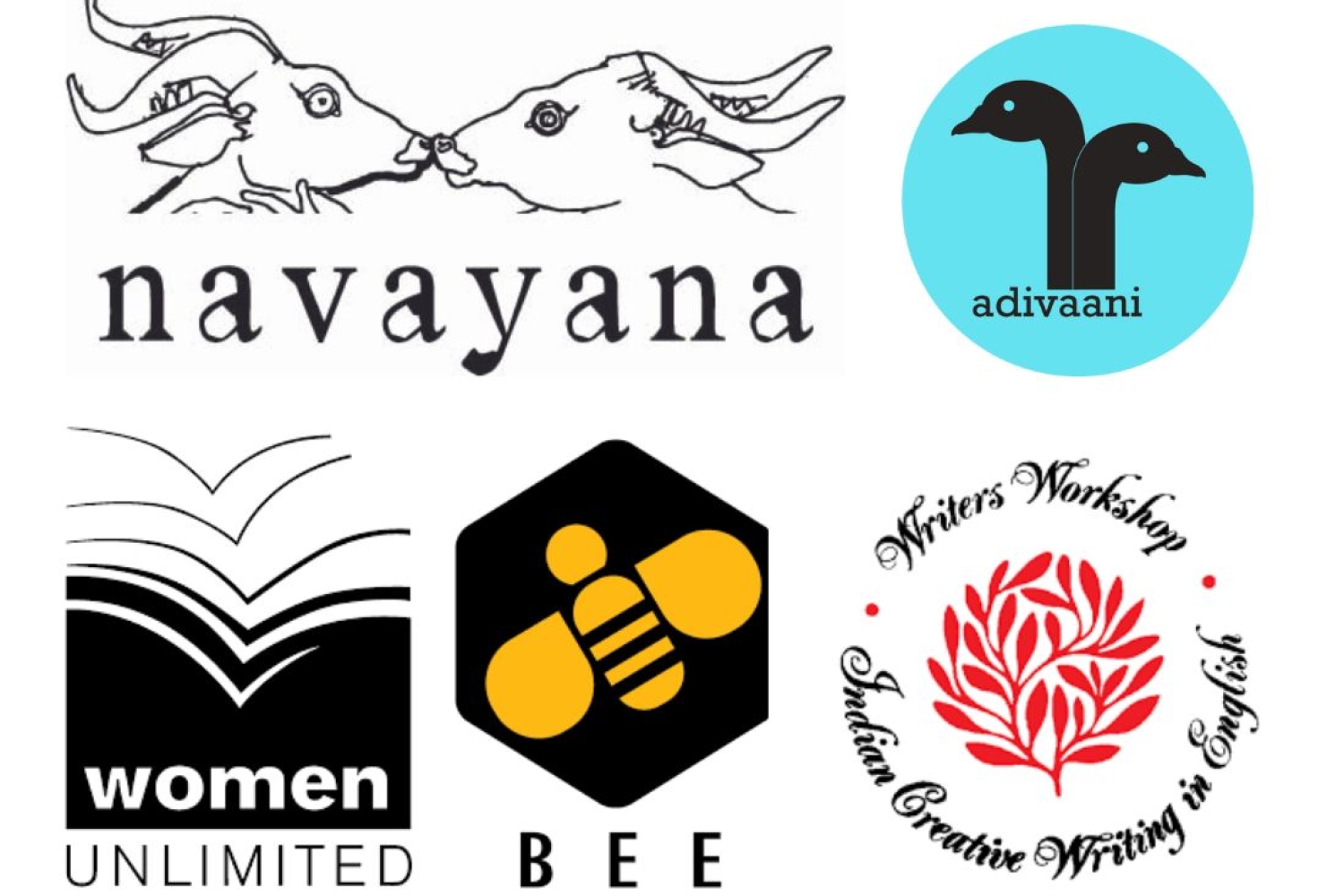

Regardless of the fact that traditional publication houses continue to preside over the publication industry in the country, recent years have seen a spike in indie, independent publications, that are increasing in number, and popularity, at a fast pace. What makes these presses special is the advantage they provide to voices that may not have reached mainstream platforms. They particularly focus on themes that include Dalit literature, translations, or feminist-centric books, thereby carving a unique niche for themselves in India’s literature industry. These publication houses have enabled narratives from all over the country to be heard, read, and cherished, and have hence enriched our literary fabric generously. Here is a list of five presses that are continually reinforcing the diversity of literature.
Writer’s Workshop
Writer’s Workshop is a Kolkata-based publication, founded by Indian poet and scholar Purushottama Lal (more commonly referred to as Professor P. Lal) in 1958. This publishing house believes in bringing new literary talents to the forefront of the Indian literature scene; their aim is not to produce what sells, but to instead produce what sparks wonder. “Alternative publishing is desperately needed wherever commercial publication rules. WW is not a professional publishing house. It does not print well-known names; it makes names known and well known and then leaves them in the loving clutches of the so-called “free” market,” wrote Professor P Lal in his note on Writers Workshop’s website. After his passing in 2010, Writers Workshop is now being run by his son, Professor Ananda Lal. What is unique about this publication house is the distinct way in which its titles are printed- they are hand-loom, sari-bound volumes, with elegant calligraphy on them. With more than 3500 titles on their sleeve, one of their most predominant literary ventures remains to be Lal's translation of the entire Indian epic Mahabharata in 18 volumes (appearing in 2005–2009).
Navayana
Deriving its name from B.R. Ambedkar’s interpretation of the Buddhist religion, Navayana is an independent publication house centred on exploring the concept of caste from an anti-caste perspective. Founded in 2003 by S. Anand, somewhere between Pondicherry and Chennai, Navayana produces graphic novels, poetry books, academic and general nonfiction, as well as translations. One of its most well-renowned and beautifully created books is Bhimayana, a graphic novel documenting the life of Ambedkar, from birth until his pioneering fight against the shackles of the caste system, until finally penning the Indian constitution. Championing the cause for voicing the excluded, Navayana continually focuses on producing anti-caste literature.
Women Unlimited
Women Unlimited is an associate of Kali for Women, the first and oldest feminist press in the country, both of which were founded by Ritu Menon. Having been founded in 1984, it is also a not-for-profit trust solely for the benefit of India’s women. Publishing fiction, nonfiction, autobiographies, and academic books, Women Unlimited advocates the cause of the feminist movement, exploring new issues and activism, and offering scholarships to those who are in need. Their works go far beyond commercial and traditional literature, producing works that are idiosyncratic in their own ways. This includes Ismat Chughtai’s My Friend, My Enemy, a book of autobiographical essays and literary criticisms of authors such as Sadat Hussain.
Adivaani
The word ‘adivaani’ roughly translates to “the first voices.” Established in 2012, Adivaani is a platform for indigenous expression; it serves to voice, chronicle, and publish books written by the 104 million indigenous people of our country. Founded by Ruby Hembrom in Kolkata, Adivaani disseminates awareness in favour of generations of Adivasi voices, primarily through the medium of literature and literary works. Its first two books, released at the New Delhi World Book Fair 2013, included: Gladson Dungdung's Whose Country is it Anyway? and Ruby Hembrom and Boski Jain's We Come from the Geese.
Bee Books
Based out of Kolkata and founded by Esha Chatterjee, this publishing house primarily focuses on producing translated versions of regional and other language books in English. Some of their most well-acclaimed books include The Aunt Who Wouldn’t Die, which narrates the story of a newlywed, focusing on themes of womanhood, and Colours of Kanchenjunga, an anthology of short stories, nascent to Nepal.
Words Muskan Kaur
Date 29.01.2024